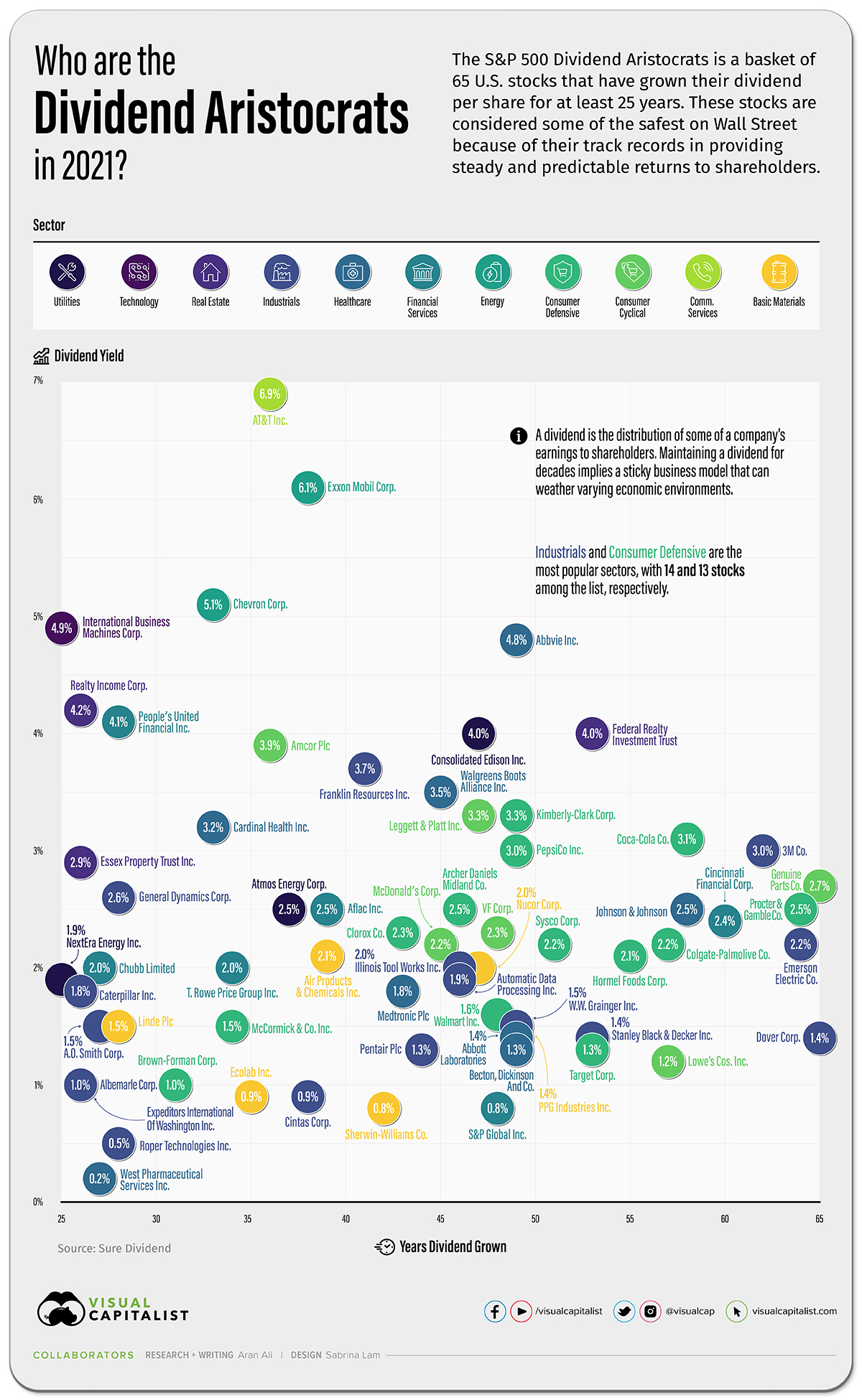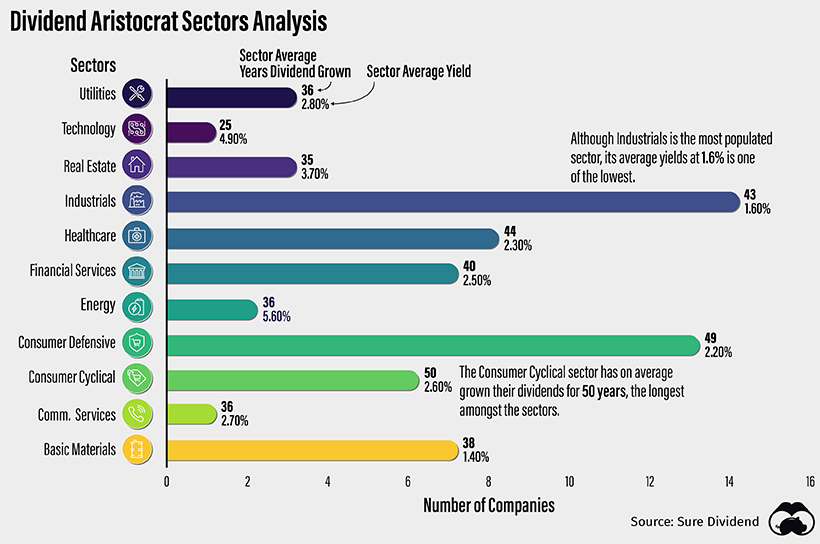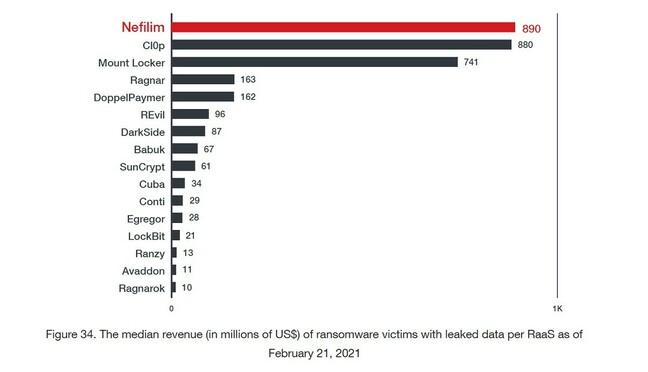Near the end of the Epic v. Apple trial, Judge Yvonne Gonzales Rogers had some pointed questions for Tim Cook on the state of Apple’s relationship with its developers. Citing an internal survey of developers, she noted that 39 percent of them indicated they were unhappy with the App Store’s distribution. What incentive, then, she asked, does Apple have to work with them?
Cook seemed to be caught off guard by the question. He said Apple rejects a lot of apps and that “friction” can be a good thing for users. Rogers replied that it “doesn’t seem you feel pressure or competition to change the manner in which you act to address concerns of developers.”
It was a brief but telling exchange. And one that strikes at the heart of Apple’s currently rocky relationship with developers.
Epic vs. Apple vs. developers
Ostensibly, Epic’s antitrust case against Apple was about the iPhone maker’s treatment of Fortnite and its refusal to allow the game developer to bypass the App Store for in-app purchases. Epic, along with many other prominent developers, has long chafed at Apple’s 30 percent commission, or “App Store” tax.
It’s not just that they see 30 percent as greedy and unfair (Apple recently lowered its take to 15 percent for small developers). It’s that Apple has appeared to treat some developers differently than others. For example, documents unearthed during the trial detail how Apple went to great lengths to prevent Netflix from yanking in-app purchases from its app.
After considering “punitive measures” toward the streaming giant, Apple offered Netflix custom APIs that most developers don’t have access to. It also dangled the possibility of additional promotion in the App Store or even at its physical retail stores. Netflix ended up pulling in-app purchases anyway, but it was illustrative of the kind of “special treatment” many developers have long suspected Apple employs towards some apps.
Meanwhile, game developers have no choice but to pay Apple’s “tax.” Not only that, but Apple’s rules prohibit them from even alerting their users that they may be able to make the same purchase elsewhere for less — what’s known as its “anti-steering” rules.
Friction over these rules is nothing new. But the details of these arrangements, and Apple’s hardball tactics with developers, had never been as exposed as they were during the trial.
“What was great about the Epic trial was that it brought many of these issues to light and into the public dialogue,” said Meghan DiMuzio, executive director for the Coalition for App Fairness, an advocacy group representing developers who believe Apple’s policies are anticompetitive. “I think we saw how Apple more generally chooses to approach their relationships with developers and how they value, or don’t value, their relationships with developers. I think those are really incredible soundbites and storylines to have out in the public eye.”
The case touched on other issues that have been the source of long-simmering developer frustrations with Cupertino, and not just for giants like Netflix. Epic also highlighted common developer complaints around App Store search ads, fraudulent apps and Apple’s often inscrutable review process.
In one particularly memorable exchange, the developer of yoga app Down Dog spoke at length about how Apple’s opaque policies can have an outsize impact on developers. For example, he said Apple had repeatedly rejected app updates for seemingly bizarre reasons, like using a “wrong” color on a login page. Once, he said, an update was rejected because App Store reviewers couldn’t find his app’s integration with Apple’s Health app. He later realized it was because the reviewers were testing on an iPad, which doesn’t support the Health app.
These types of complaints are probably familiar to most developers. It’s not unusual for Apple to quibble over the placement of a particular button, or some other minor feature. These seemingly small issues can drag on for days or weeks, as Epic repeatedly pointed out. But it’s rare for such squabbles to spill over into public view as they did during the trial.
The trial raised other, more fundamental issues, too. A witness for Epic testified that the operating margin for the App Store was 78 percent, a figure Apple disputed but didn’t offer evidence to the contrary. Instead, Tim Cook and other execs have maintained they simply don’t know how much money the App Store makes.
Cook did, however, have much more to say when pressed on whether game developers effectively “subsidize” the rest of the App Store. “We are creating the entire amount of commerce on the store, and we’re doing that by focusing on getting the largest audience there,” Cook stated.
The argument struck a nerve with some. Marco Arment, a longtime iOS developer whose apps have been featured by Apple, wrote a scathing blog post in response.
“The idea that the App Store is responsible for most customers of any reasonably well-known app is a fantasy,” Arment writes. “The App Store is merely one platform’s forced distribution gateway, ‘facilitating’ the commerce no more and no less than a web browser, an ISP or cellular carrier, a server-hosting company, or a credit-card processor. For Apple to continue to claim otherwise is beyond insulting, and borders on delusion.”
Determining just how many developers agree with that sentiment, though, is trickier. There are millions of iOS developers and for much of the App Store’s history, most have been reluctant to publicly criticize Apple. The company has conducted its own surveys — as evidenced in the Epic trial disclosures — but the findings aren’t typically made public. And even Cook admitted he was unsure if it’s a metric the company regularly tracks.
“There’s not a lot of actual third-party survey on the developer ecosystem,” says Ben Bajarin, CEO of analyst firm Creative Strategies. He has been conducting his own poll of Apple developers to gauge their feelings toward the company.
He says he sees “a pretty big gap” between the smaller, independent developers and the larger businesses on the App Store. Developers with smaller projects, he says, are “simply much more reliant on Apple.” And while they quibble with things like search ads or Apple’s review process, they don’t have many alternatives. “These aren’t developers that have a huge budget for marketing […] they’re entirely reliant on Apple to get them customers.”
The coming antitrust battles
[…]





